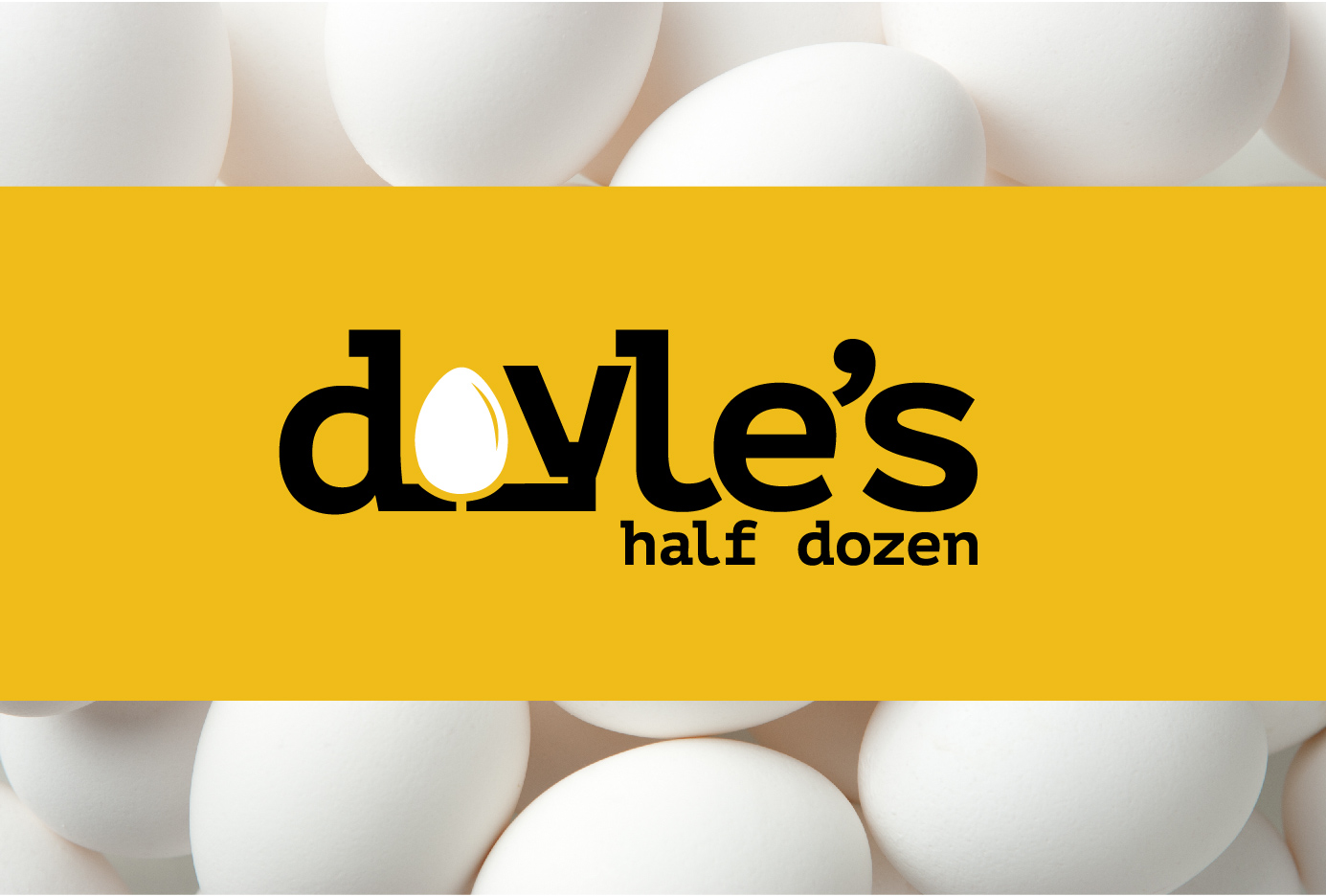Greetings!
I’m continuing my current theme for DHD in sharing six aspects involving Bible passages. This week it is the conversation Jesus has with Peter on the beach, after the resurrection and initially appearing to the disciples. John’s Gospel account (John 21:15-19) is the only one to feature this powerful dialogue between Jesus and his lead disciple.
- It happened after breakfast
John 21 is a great chapter for Bible study. It’s full of fascinating details. Keep in mind, this is after Jesus has appeared to His disciples and others since He has risen from the dead.
We can read about Jesus’ appearances in all four Gospel accounts. But the one thing about this appearance compared to what we are told about the other post-resurrection appearances of Christ is Jesus made breakfast for his disciples after they experienced another miraculous catching of an abundance of fish.
Verses 1-14 is basically a scene-setter for what Jesus planned to do.
- Jesus calls Peter by his former name
When Jesus meets Peter for the first time, He gave the disciple the name “Peter” (John 1:42). Jesus renamed him to demonstrate a change in character and to make aware of the responsibilities Peter will have.
Once in a while, though, Jesus would go back to calling Peter his birth name, “Simon.” He seemed to do this to get Peter’s attention or to rebuke Peter. I’m guessing it would be in the same vein as when a parent would call his or her child by the child’s complete formal name, “Christopher Neal Doyle! What are you doing?” You get the idea.
- Three times a charm
Jesus repeated his question three times to Peter, “Do you love me?” The first two times, Peter responded “Yes, Lord, you know I love you.” The third time, Peter expressed some grievance while replying, “Lord, you know everything. You know I love you.”
A common interpretation of Jesus asking Peter three times if he loved Him was to symbolically reconcile Peter after Peter denied Jesus three times in public while Jesus’ trial was happening.
I love the word “reconcile.” It demonstrates that wonderful result when making peace with someone or removing a hindrance that stifles a relationship.
Jesus is all about reconciliation, which is why He came to earth to die, so that our sins would be forgiven and we as followers of Christ could be reconciled with God.
So the formal inquiry in triplicate was not just for Peter’s sake, but for all who were aware of Peter denying Christ three times.
- The significance of sheep
Jesus uses symbolic sheep often in his teaching. He calls himself The Good Shepherd (John 10:11). He tells the parable of the lost sheep (Luke 15:3-7). But here, Jesus commands a fisherman to become a shepherd.
It’s interesting the comparisons of Jesus first telling his disciples to follow Him and He will make them fishers of men (Matt. 4:19). Now, he tells Peter, in particular, to take care of his sheep.
It seems as though fishing is a description to describe evangelism and shepherding relates to discipleship. Both are equally important in the Christian life.
- Revealing the death Peter would die
After asking Peter three times if he loved Him, Jesus, in verses 18-19, makes a powerful revelation:
“’The truth is, when you were young, you were able to do as you liked and go wherever you wanted to. But when you are old, you will stretch out your hands, and others will direct you and take you where you don’t want to go.’
“Jesus said this to let him know what kind of death he would die to glorify God. Then Jesus told him, ‘Follow me.’”
History reveals Peter was crucified, and he chose to be crucified upside down because he did not feel worthy to die in the same position of his Lord.
- What happens to Peter after this experience
Peter would go on to preach at Pentecost (Acts 2:14-42), which results in the powerful beginning of the early church. What fascinates me is this great Biblical moment occurs in just a short time after Peter’s denial of Christ.
This tells me that God can do great things through whomever He chooses, even a follower who failed.
But for God to use Peter, He had to bring him to reconciliation. And that’s what Jesus did for Peter, after breakfast.
